Ah, the arrival of spring brings with it vibrant blooms, sunny days, and, unfortunately, the dreaded hayfever. For those who suffer from this seasonal allergy, sneezing, itchy eyes, and a stuffy nose can feel like an annual rite of passage. However, fear not! Reflexology, a gentle, holistic therapy, may just hold the key to finding relief from hayfever’s relentless grip. So, slip off your shoes, take a deep breath, and join us as we explore the benefits of reflexology in taming the hayfever beast.
Understanding Hayfever and Its Symptoms
Before we dive into how reflexology alleviates hayfever symptoms, let’s quickly refresh our knowledge about this common allergy. Hayfever, also known as allergic rhinitis, occurs when the immune system overreacts to allergens like pollen, mold, or pet dander. As a result, this reaction triggers a range of uncomfortable symptoms—from sneezing and congestion to itchy eyes and fatigue. Therefore, these symptoms can make spring feel like a sneezy nightmare.
What is Reflexology?
Reflexology is an ancient healing practice rooted in traditional Chinese medicine and Egyptian culture. It involves applying pressure to specific points on the hands and feet. These points are believed to correspond with various organs and systems within the body, which are interconnected through energy pathways. By stimulating these reflex points, reflexologists aim to restore balance and promote overall well-being.
A Breath of Relief: How Reflexology Can Help
Now, let’s explore how reflexology can benefit hayfever sufferers. While it cannot cure hayfever, reflexology can significantly reduce symptom intensity and enhance overall comfort. Here’s how it works:
- Immune System Boost
Reflexology stimulates the immune system by improving lymphatic circulation. Consequently, this helps clear toxins and reduces inflammation—a key factor in hayfever. - Respiratory Reprieve
By targeting reflex points associated with the respiratory system, reflexology can effectively relieve congestion, open airways, and ease breathing difficulties caused by hayfever. - Stress Relief
Hayfever symptoms often exacerbate stress, creating a vicious cycle of discomfort. Fortunately, reflexology’s relaxation-inducing properties can calm the mind, reduce anxiety, and alleviate stress-related hayfever symptoms.
DIY Reflexology Techniques
While visiting a certified reflexologist is ideal, there are also simple reflexology techniques you can try at home during hayfever season. Therefore, these easy methods can help you start on your reflexology journey and provide some relief.
Integrating Reflexology with Other Strategies
To maximize the benefits of reflexology, it’s essential to adopt a holistic approach to managing hayfever. Thus, you can combine reflexology with other strategies like reducing allergen exposure, staying hydrated, maintaining a healthy diet, and exploring complementary therapies for comprehensive relief.
When hayfever strikes, reflexology offers a natural, non-invasive way to ease symptoms and support overall well-being. By targeting specific reflex points, reflexology stimulates the immune system, relieves congestion, and reduces stress, providing a breath of fresh air amidst the allergy-laden springtime. So, take a step toward relief, and let reflexology guide you through hayfever season more comfortably.
